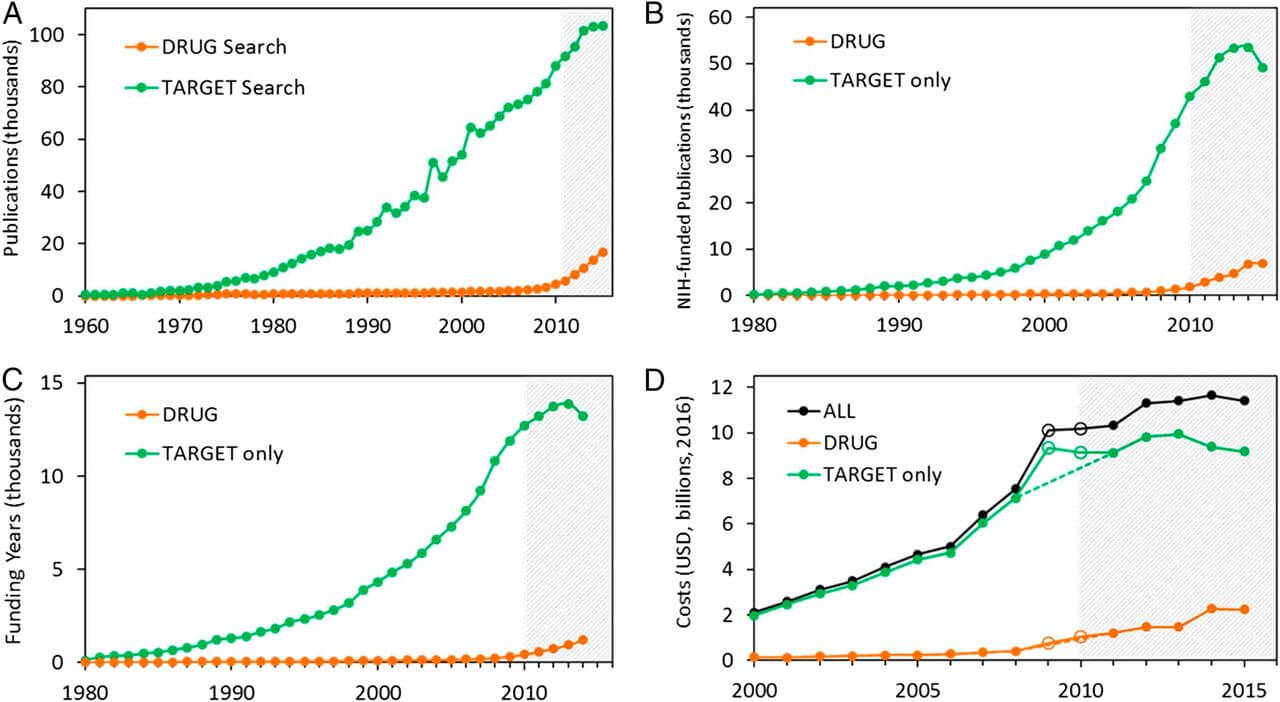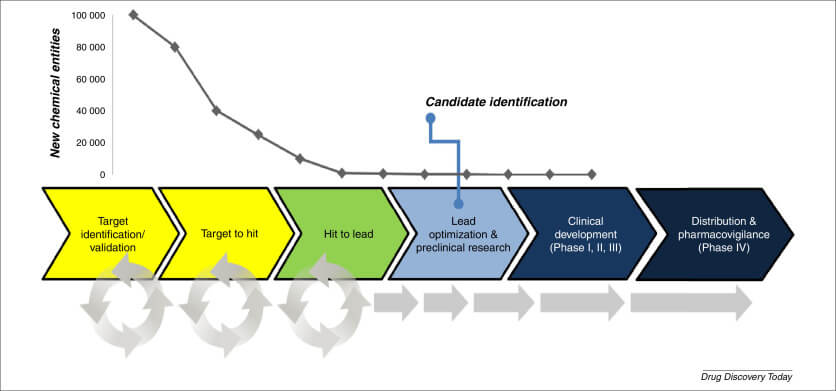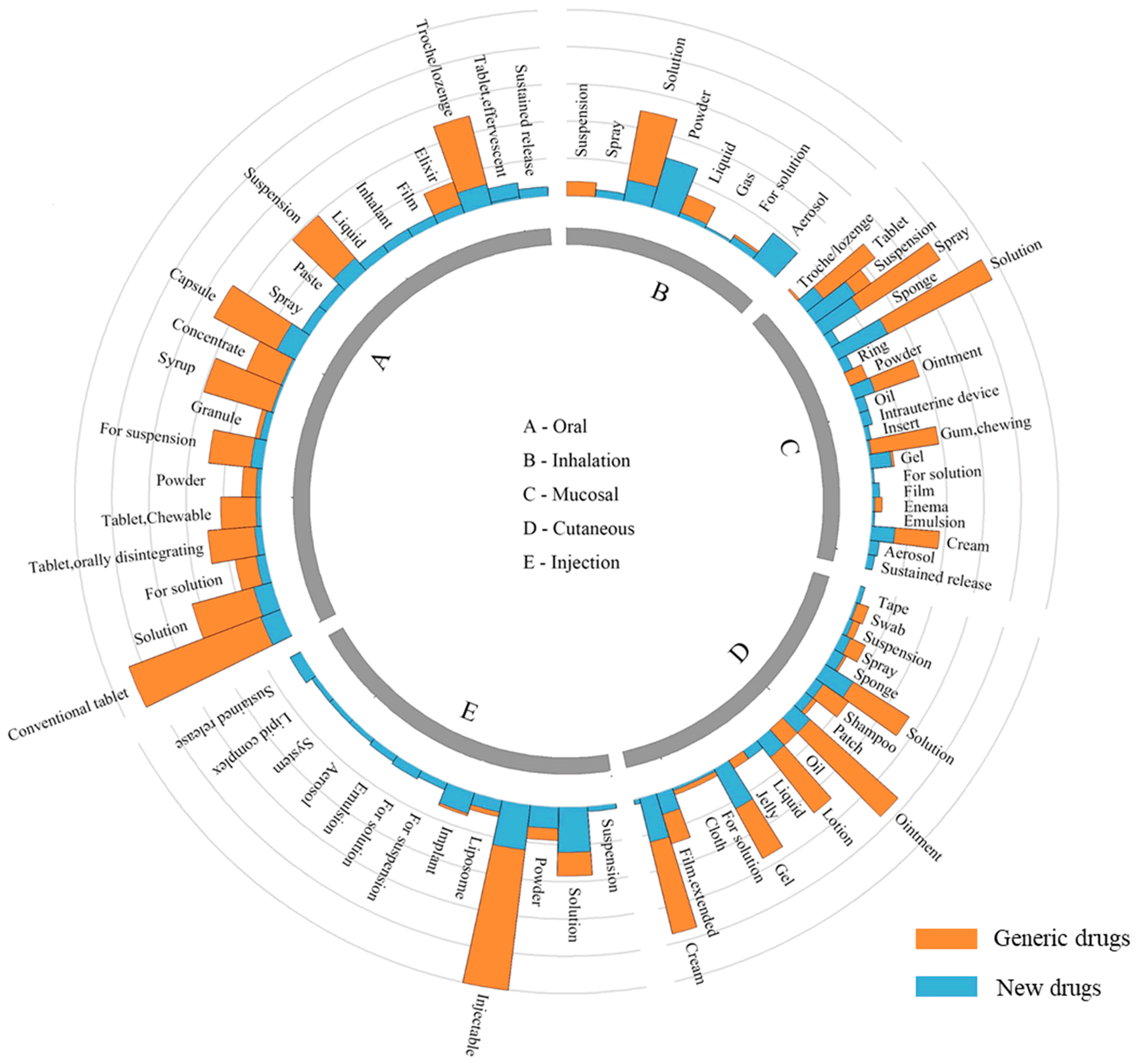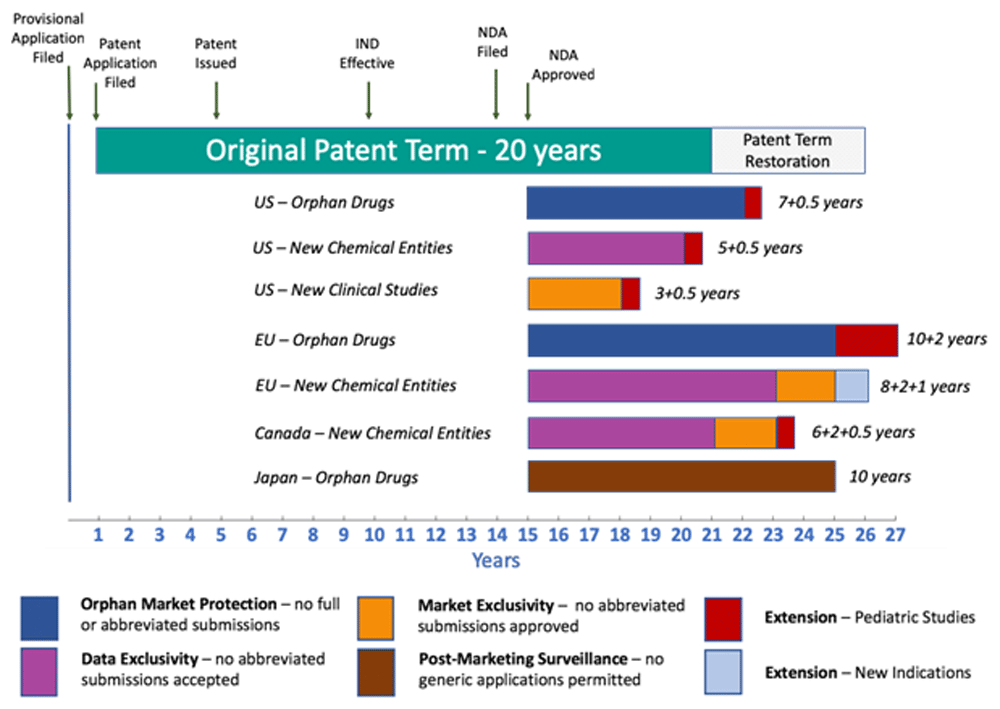
The pharmaceutical industry has undergone significant transformations in recent years, with the increasing complexity of clinical trials and the need for cost and time efficiency driving the growth of contract research organizations (CROs). CROs have become integral partners for drug developers, providing expertise and resources to navigate the challenges of drug development, including generic drug development.
The Growing Importance of CROs in Clinical Trials
CROs have evolved from utility companies conducting large-volume throughputs to sophisticated partners capable of performing complex tasks such as pharmacokinetics and pharmacodynamics testing, biocompatibility assessments, and efficacy evaluations. Today, nearly three out of every four clinical trials are conducted by CROs, highlighting their critical role in the drug development process.
Benefits of CROs in Generic Drug Development
- Cost Reduction: Outsourcing drug development services to CROs allows pharmaceutical companies to reduce in-house infrastructure and research capacity, thereby decreasing costs. This is particularly important for generic drug development, where profit margins are often lower.
- Capacity Building: CROs provide specialized expertise and resources, enabling pharmaceutical companies to focus on their core competencies while leveraging the strengths of their CRO partners.
- Data Generation: CROs generate unbiased data, which is essential for regulatory submissions and convincing corporate partners and regulatory bodies.
- Speed and Efficiency: CROs have the capacity to accelerate clinical development, ensuring that generic drugs reach the market faster and more efficiently.
Case Studies and Examples
- European Biotech Firm: A European biotech firm with a promising pipeline and large investments needed to ramp up across multiple functions and therapeutic areas. By partnering with a CRO, the firm was able to consolidate and streamline resourcing, reducing time-to-offer from more than 50 days to 36.
- Laboratory Partner: A sponsor required a reliable laboratory partner to deliver product characterization and stability registration data for two different inhaled drug-device combination products. Partnering with a knowledgeable and experienced CRO provided both the capacity and the harmonized, quality data needed for successful new drug application (NDA) submissions.
Key Factors to Consider When Selecting a CRO Partner
- Operational Excellence: A strong CRO partner is committed to operational excellence, ensuring that clinical trials are conducted efficiently and effectively.
- Expertise: CROs provide a wealth of expertise, driving time and cost efficiencies and delivering outstanding project management.
- Partnership: A successful partnership between the sponsor and CRO is critical, with the CRO serving as a trusted extension of the drug developer’s team.
The Future of CROs in Generic Drug Development
The COVID-19 pandemic has accelerated the adoption of innovative technologies, including artificial intelligence and virtual trials, to expedite drug development. CROs will continue to play a vital role in generic drug development, providing specialized expertise and resources to navigate the complexities of clinical trials and regulatory submissions.
In conclusion, CROs have become indispensable partners for drug developers, particularly in the context of generic drug development. By leveraging the strengths of CROs, pharmaceutical companies can reduce costs, build capacity, and accelerate the drug development process, ultimately bringing life-saving medications to patients faster and more efficiently.
References:
- PPD. (2023). The Growing Role of CROs in Clinical Trials. Retrieved from https://www.ppd.com/blog/growing-role-of-contract-research-organizations-in-clinical-trials/
- ScienceDirect. (n.d.). Contract Research Organization – an overview. Retrieved from https://www.sciencedirect.com/topics/pharmacology-toxicology-and-pharmaceutical-science/contract-research-organization
- AHA HealthTech. (n.d.). The Rise of Academic and Contract Research Organizations. Retrieved from https://ahahealthtech.org/strategic-initiatives/the-rise-of-academic-and-contract-research-orgs/
- NCBI. (2015). Roles of Contract Research Organizations in Translational Medicine. Retrieved from https://www.ncbi.nlm.nih.gov/pmc/articles/PMC5982352/
- NCBI. (2022). Drug Development Process and COVID-19 Pandemic. Retrieved from https://www.ncbi.nlm.nih.gov/pmc/articles/PMC9846916/
























